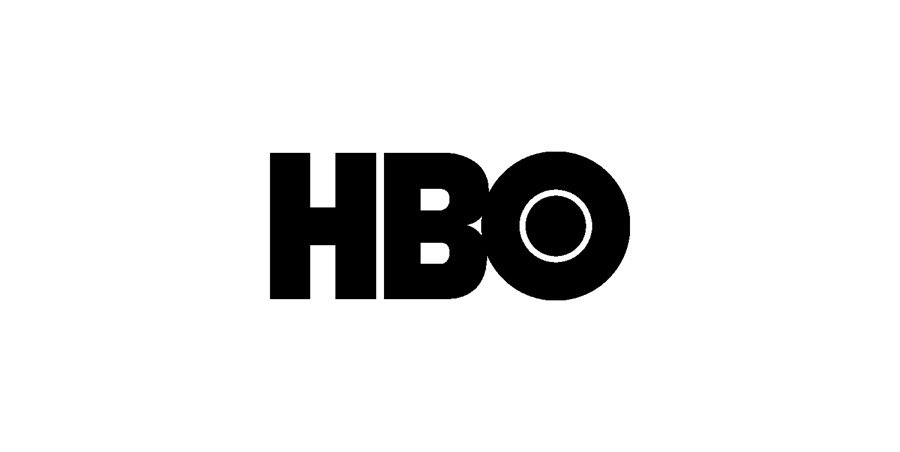Public Knowledge on HBO Black Out: We Told You So

The smarter way to stay on top of the multichannel video marketplace. Sign up below.
You are now subscribed
Your newsletter sign-up was successful
Public Knowledge says that HBO's first blackout in a carriage dispute in its 40-year history--it went Dark on DISH Thursday (Nov. 1)--demonstrates the dangers of media consolidation, specifically the merger of AT&T, which owns Dish rival DirecTV, with Time Warner, which owns HBO.
Public Knowledge had opposed the deal, warning that AT&T would have the incentive to use HBO as bargaining leverage. A district judge disagreed, allowed the merger, and that decision is being challenged by the Justice Department, which had argued the same thing when filing suit to block the merger.
Related: AT&T Says Court Has No Legal Legs to Stand On
“In opposing the AT&T-Time Warner deal, opponents -- including the Department of Justice -- predicted that the newly combined company would have the incentive to withhold content, and would gain stronger leverage in negotiations like this one," said Public Knowledge senior counsel John Bergmayer. "That is because AT&T stands to benefit if customers, frustrated by missing their favorite HBO shows, leave DISH to switch to DirecTV. Time Warner, as an independent company, did not have the incentive to hold out on HBO content in these situations before the merger. Now, consumers are the ones paying the price."
“In ruling against the DOJ, Judge Richard Leon dismissed this concern," he added. "While it is difficult from the outside to determine the different factors at play in any particular DOJ lawsuit, the circumstances suggest that the government's case was correct. This is another reason the D.C. Court of Appeals should reverse the decision allowing the merger.”Oral argument in the suit is scheduled for Dec. 6 in that court.
Oral argument in the suit is scheduled for Dec. 6 in that court.
Another take on the carriage impasse is that it was a way for DISH to provoke a blackout and provide fodder for DOJ's suit and reaction like that of Public Knowledge, though AT&T lawyers are likely to have noted that Justice did not include the HBO foreclosure argument in their appeal of the district court approval of the merger decision, so the issue of whether AT&T/Time Warner is withholding anticompetitively in terms of HBO is not before the court. If it were, Time Warner might have accepted less attractive terms to avoid providing that fodder, or left HBO on DISH while it continued to negotiate.AT&T seemed to signal that in a statement on the blackout, saying DISH had sought unreasonable terms and made negotiations "extremely difficult," though that could also be the standard table talk during such impasses, with each side blaming the other.AT&T likely saw that perceived recalcitrance on the part of DISH to deal as a way for Dish to leverage regulatory policy and generate stories that DOJ could point to as justifying its concern about requiring spin-offs rather than applying program access conditions to the merger.Why didn't Justice include the HBO foreclosure in its appeals court argument? There was testimony during the original trial that the program marketplace was moving toward streaming and that even if AT&T did try to weaponize HBO in traditional carriage deals with Dish or some other MVPD, it would not succeed in driving viewers to DirecTV since viewers could simply get the streamed version of HBO and keep their provider.
The smarter way to stay on top of the multichannel video marketplace. Sign up below.
Contributing editor John Eggerton has been an editor and/or writer on media regulation, legislation and policy for over four decades, including covering the FCC, FTC, Congress, the major media trade associations, and the federal courts. In addition to Multichannel News and Broadcasting + Cable, his work has appeared in Radio World, TV Technology, TV Fax, This Week in Consumer Electronics, Variety and the Encyclopedia Britannica.

